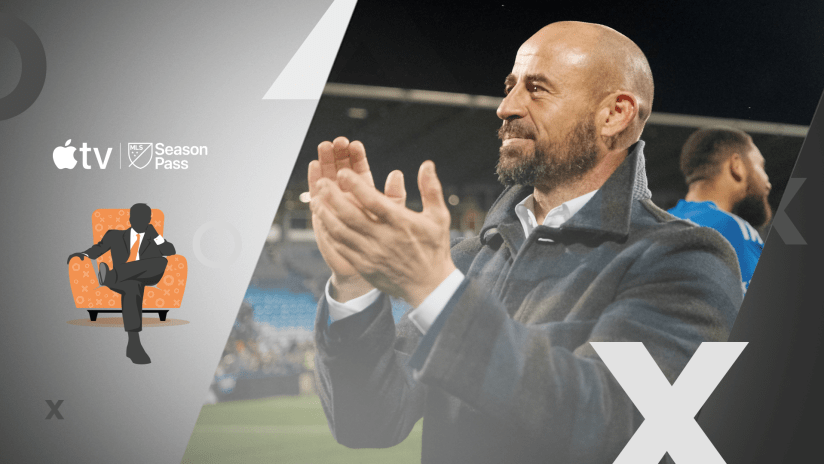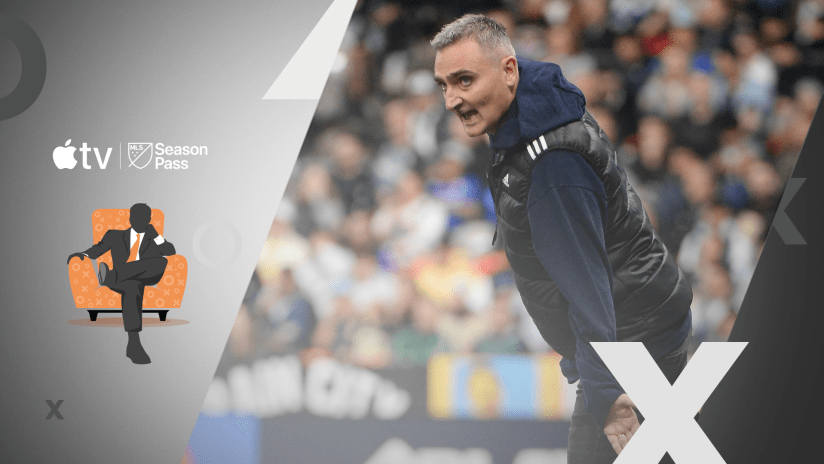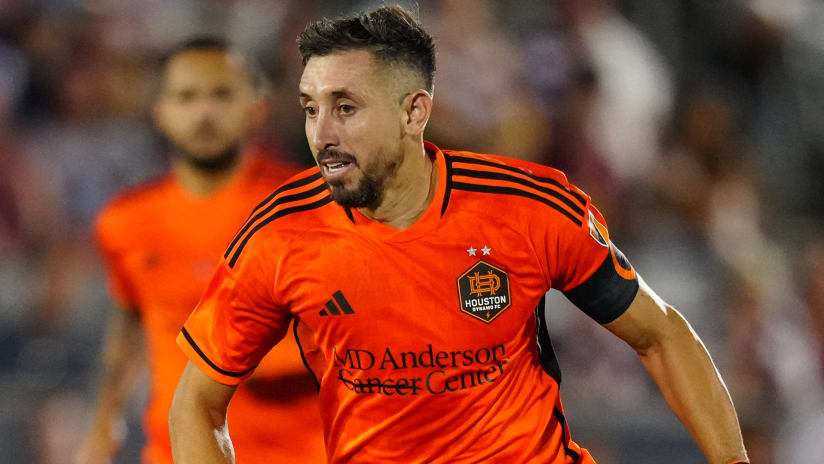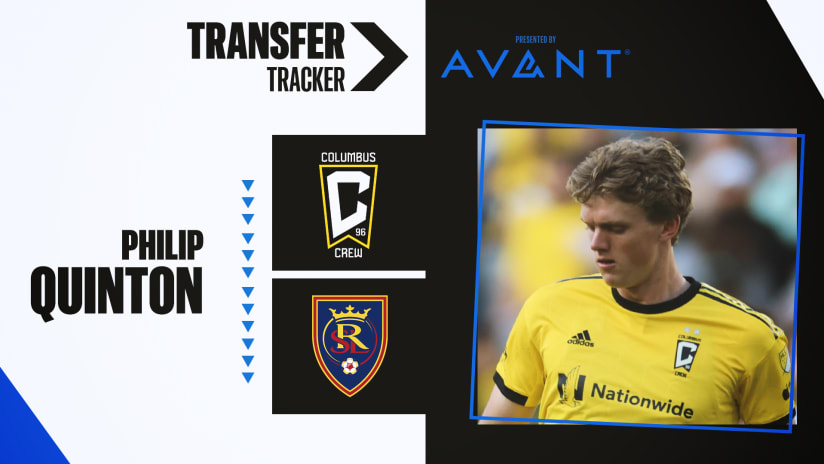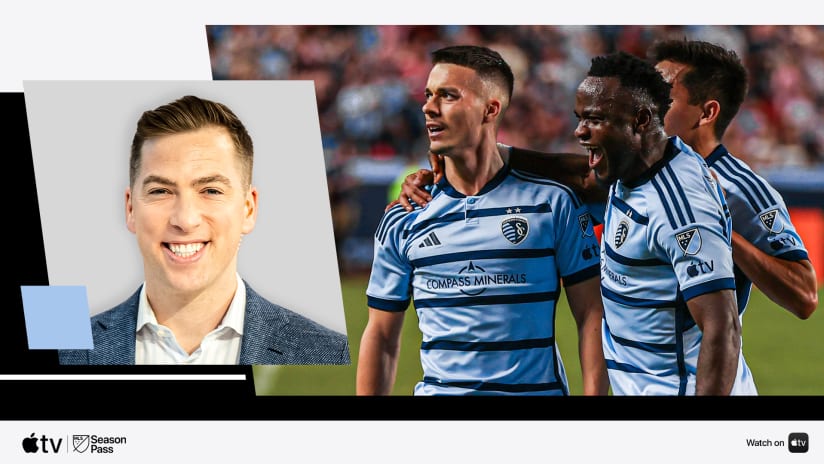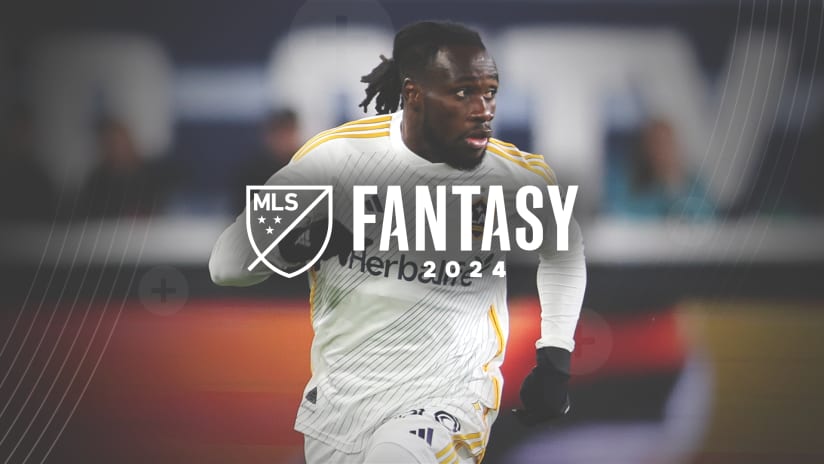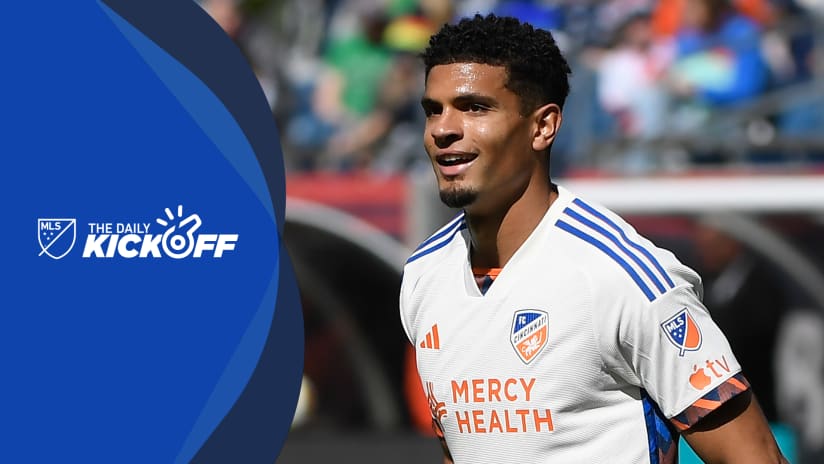Nick Saban and John Calipari have competition. On Tuesday afternoon, Jurgen Klinsmann staked his claim as the best recruiter in American sports.
That's the story today, anyway, as Julian Green becomes the latest dual-national to pledge his future to the US national team. And by US standards, Green is a five-star, above-the-fold recruit, the type around whom Saban builds national-title winners at Alabama and with whom Calipari perennially underachieves in Lexington. (Any chance to take a shot at Big Blue, folks.)
Green is, going by résumé only, a bigger "get" than any of the others Klinsmann has talked into red, white and blue. And the USMNT coach has snagged more than a few.
Previous German-Americans coming into the US set-up include regular starters Jermaine Jones (who was, it should be noted, a Bob Bradley recruit) and Fabian Johnson, as well as a half-dozen more fringe players. Jones and Johnson had both represented Germany at various youth levels – Jones even suited up for the full German national team in three friendlies – but neither were federation priorities when the US landed them.
John Anthony Brooks was sort of the opposite of Green: He made regular appearances with the US youth set-up, then got one cap for the Germany squad. He's still not cap-tied to the US, however, but hasn't impressed yet in his three USMNT appearances.
Then there's Aron Johannsson, who chose the US over Iceland. No disrespect to the Icelandic national team, but taking a player out of that set-up pales in comparison to winning a commitment over the Germans.
It says a lot about how both Klinsmann and the US are perceived by the next generation of talent. Green, 18, has never known a World Cup for which the US didn't qualify. He's seen US teams beat the likes of Portugal and Spain, and draw the likes of Italy and England in major international tournaments.
And he's going to face immediate pressure next month. Because as Calipari is proving right now, getting the best recruits doesn't necessarily make for the best team.
The problem with getting Green at this late date is that, even if he's as good as the hype, he doesn't change one fundamental fact: In order to get out of the group in Brazil, the US will have to play as more than the sum of their parts.
Even Lionel Messi wouldn't change that fact. And I'm going to wager something valuable that Green won't be as good as Lionel Messi.
So now comes the toughest task of integrating a star recruit: making sure the locker room welcomes him. Making sure he doesn't upset the balance of teamwork that dragged the US to the top of both the World Cup qualifying Hexagonal and last year's Gold Cup. Making sure better talent means a better team.
Green seems to be off to a good start in that regard, judging by the following quote:
"A big part of the decision was the experience I had in Frankfurt," Green said in a US Soccer press release, referencing his participation in US camp before the loss to Ukraine earlier this month. "All the players were super nice and welcomed me from the beginning. Clint Dempsey gave me a jersey with my name on it, and the way they supported me gave me a lot of belief. The coaches have shown a lot of trust in me, and now I hope to do everything I can to earn a spot on the World Cup roster."
I am only assuming, by the way, that Green is, in fact, a "better talent." His résumé, as I mentioned before, is that of a five-star recruit. Klinsmann rates him, which is good. Pep Guardiola, Bayern Munich's manager, also rates him, which is better. Pep hasn't missed often since he's traded in central midfield for the sidelines.
What I've seen of him – a few minutes here and there from Bayern's preseason, his cameo vs. CSKA Moscow in the Champions League, and the always-unreliable YouTubehighlightcompilations – suggests he has the kind of skillset the US could use. He's a pure, wide attacker, a right-footed winger who usually plays inverted on the left.
He should provide consistent penetration from the left flank, something that is one of the central tenets of how Bayern Munich play. They use the wingers to push the defense back, usually holding the ball on one side of the pitch through short combinations then switching quickly to the other side once the winger is isolated. They transition quickly from "possession" to "attack" – quicker than any team I've ever seen, to be honest.
Think of the dozens of goals we've seen from Frank Ribéry and Arjen Robben over the last half-decade. That's how they want Green to play. That's how he's been taught to play. If he's really on the cusp of first-team minutes there, then we should be excited.
But even that doesn't mean he's a given for stardom, and even if he becomes a star, that doesn't necessarily mean he's going to make the team better. David Regis was supposed to do that for the US ahead of the 1998 World Cup, but his late addition to the squad was the final fissure for a locker room that was coming apart. It's arguable that Bruce Arena's pursuit of Giuseppe Rossi – a five-star recruit lost to Italy – ahead of the 2006 World Cup had a similar deleterious effect.
It shouldn't be lost upon anyone that those two World Cup appearances were "disastrous" and "disappointing," respectively.
So yeah, Green is the type of recruit who "addresses a need."
But that doesn't necessarily mean the team's going to benefit. Making sure they do is Klinsmann's next job – and it's both bigger and more important than the last one.


